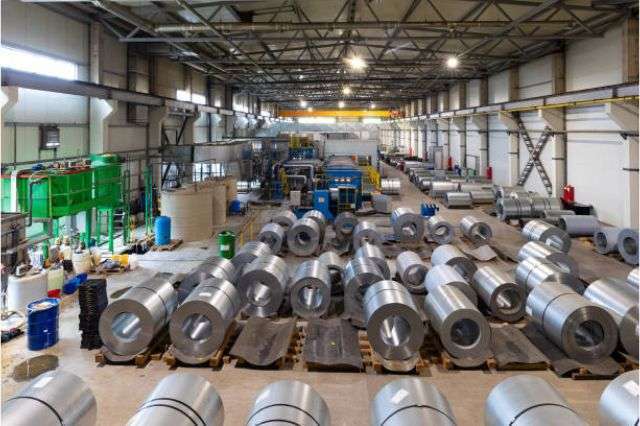What are the Advantages of Using Nickel-based Alloys in Manufacturing
Different metals have been used in different industries and for applications ever since humans learned how to leverage them for these use cases. We also discovered that combining these metals to form alloys with specific properties and advantages allows us to use them in different ways. One of the most popular options is nickel alloys used in many commercial and industrial applications. These alloys come with a variety of benefits that we will look at below.
Nickel-based Alloys Have Superior Corrosion Resistance
If you need a metal for use in industries that handle corrosive materials, you want one that will not be affected by the material that flows through or is stored in it. Nickel alloys are great for these applications because they have superior corrosion resistance compared to metals like aluminum and steel. Their high corrosion resistance makes them ideal for industries that deal with salt, alkali, acids, and other corrosive substances.
They Have High-Temperature Resistance
Nickel alloys also maintain their mechanical properties at high temperatures exceeding 1000 degrees Celsius. They also show excellent creep resistance, a deformation that happens when metals are exposed to high temperatures for long periods, and high thermal stability under these temperatures.
Nickel alloys also have a low expansion rate depending on the metals used to create them. This makes them suitable for medical implants and optical systems where thermal expansion would be a serious issue.
Their other properties make them suitable options for turbochargers, furnace linings, and use in petrochemical processing facilities and similar facilities where metals must withstand such high temperatures.
Also read: Fastest Growing Industries for Entrepreneurs to Consider
Nickel-Based Alloys Are a Versatile Option
Nickel can be combined with other metals to create alloys with different compositions and properties. The result is alloys that can be used in different settings and environments. These alloys can contain different elements including molybdenum, chromium, nickel, and tungsten for different applications. An example of such an alloy is Hastelloy-C22 which contains the first three elements.
The specific combination of metals gives this alloy specific characteristics and advantages over using its constituent elements separately, other metals, and other alloys. You can learn more about the applications and advantages of Hastelloy C-22 and also see why it is an excellent fit for the industries it is used in.
Nickel Alloys Are Highly Resistant to Oxidation and Scaling
Oxidation and scaling happen when metal is exposed to oxygen under specific conditions, such as the presence of moisture or high temperatures. These processes result in the metal developing a layer of oxidized ions that can contaminate whatever is being manufactured.
Oxidation and scaling can also lead to the metal degrading and losing its mechanical properties. Nickel alloys’ resistance to oxidation, scaling, and corrosion makes them suitable for use in sensitive environments while ensuring their durability.
Welding and Fabrication
When done by an experienced professional, nickel alloys are relatively easy to weld and fabricate. This characteristic is handy in manufacturing processes where welding and other fabrication techniques are used to create complex structures and shapes.
While there are numerous metals and alloys to choose from, nickel alloys exhibit characteristics that make them advantageous in different industries. They hold up well in highly corrosive environments, under high temperatures, and where mechanical properties must remain consistent.





